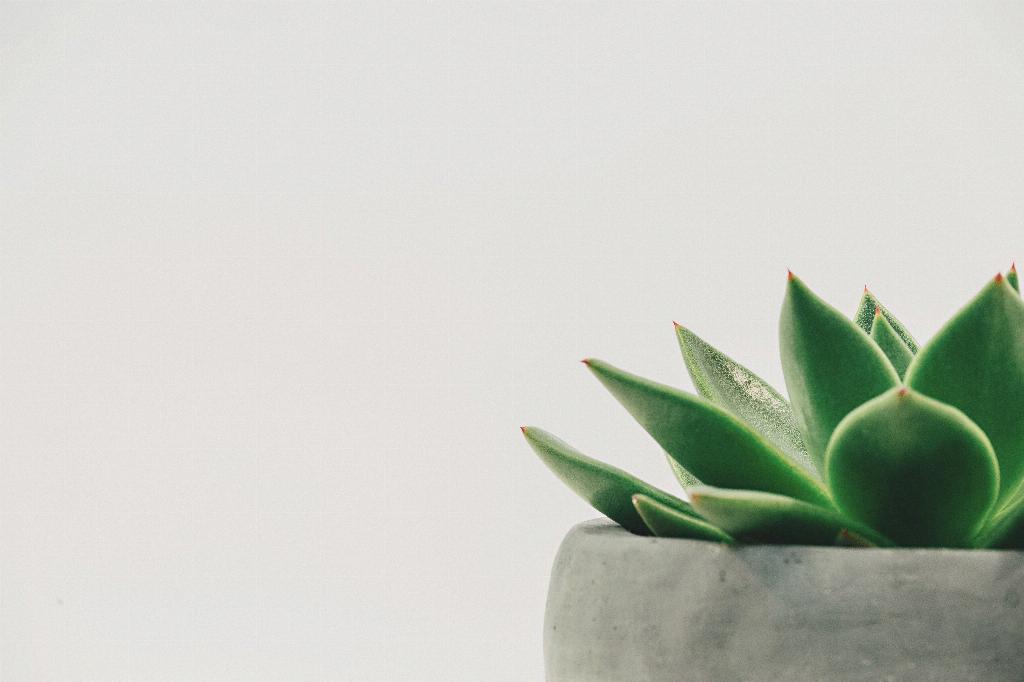When it comes to caring for your succulents, proper watering is essential to ensure their health and longevity. Succulents are known for their ability to store water in their leaves, stems, and roots, making them more resilient to dry conditions. However, overwatering can be detrimental to these plants, causing root rot and other issues. So, how often should you water your succulents to keep them thriving?
According to expert advice from Retro Den, a general guideline for watering succulents is to water them every other week during the non-winter months. This frequency allows the succulents to absorb the water they need without becoming waterlogged. It is crucial to adjust your watering schedule based on the season and environmental conditions to meet the specific needs of your succulents.
During the winter months, the watering needs of succulents change due to lower temperatures and reduced sunlight. When the temperature drops below 40 degrees Fahrenheit, it is recommended to water your succulents less frequently, around once a month. The reduced watering frequency helps prevent moisture build-up in the soil, which can lead to issues like mold or fungal growth.
Understanding the signs of overwatering and underwatering is key to determining the watering needs of your succulents. Overwatered succulents may show symptoms such as yellowing or wilting leaves, mushy stems, or a musty smell. On the other hand, underwatered succulents may have shriveled or wrinkled leaves, dry soil, or a parched appearance.
One effective way to check if your succulent needs water is the “touch and feel” method. Simply press your finger into the soil near the plant’s roots to assess the moisture level. If the soil feels dry to the touch, it may be time to water your succulent. However, if the soil feels moist or wet, it is best to hold off on watering to avoid overhydration.
Another tip for watering succulents is to use well-draining soil and pots with drainage holes. Proper drainage is essential to prevent water from pooling at the bottom of the pot, which can lead to root rot. Additionally, watering your succulents in the morning allows excess moisture to evaporate during the day, reducing the risk of fungal diseases.
When watering your succulents, it is important to be mindful of the individual needs of each plant species. Some succulents, like haworthias or lithops, prefer to be watered less frequently due to their unique water storage capabilities. Conversely, fast-growing succulents or those in bright sunlight may require more frequent watering to support their growth.
Factors such as humidity levels, air circulation, and indoor heating can also impact the watering requirements of your succulents. In dry or arid climates, you may need to water your succulents more often to compensate for the lack of natural moisture in the air. Monitoring the soil moisture and adjusting your watering schedule accordingly is crucial for the health of your plants.
Over time, you will develop a better understanding of your succulents’ water needs through observation and trial and error. Keeping a watering log or schedule can help you track the frequency and amount of water you provide to each plant, allowing you to make adjustments as needed. Remember that consistency is key when it comes to watering succulents.
In conclusion, the frequency of watering your succulents depends on various factors such as the season, temperature, humidity, and the specific needs of each plant species. By following a regular watering schedule, using well-draining soil, and paying attention to signs of overwatering or underwatering, you can help your succulents thrive and flourish in your indoor or outdoor garden.

